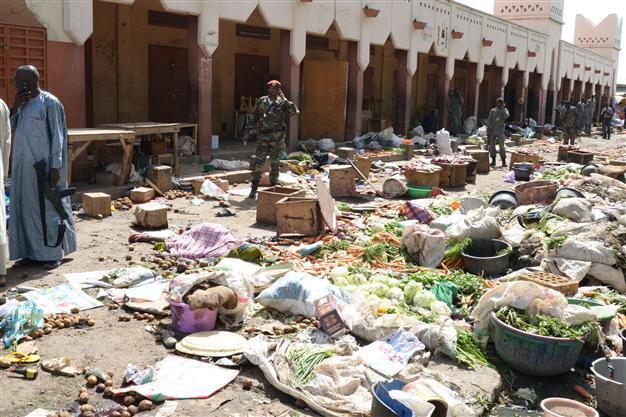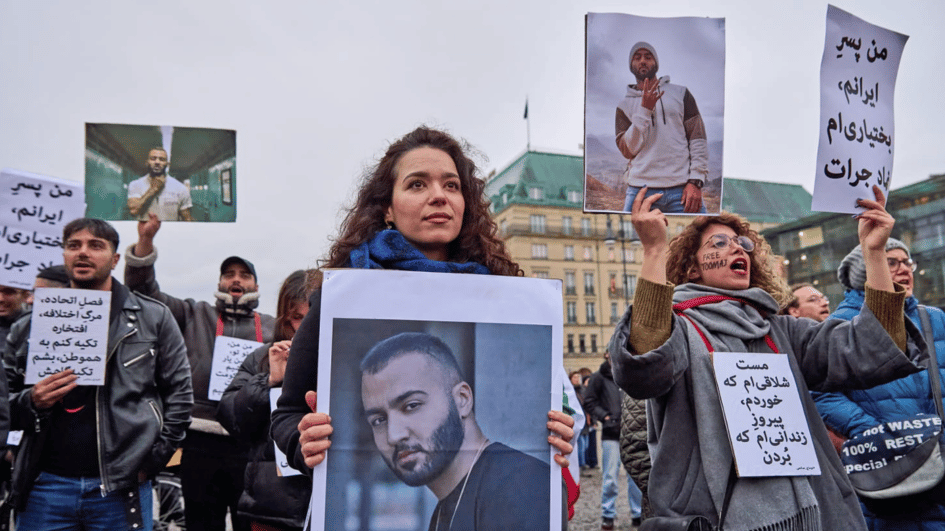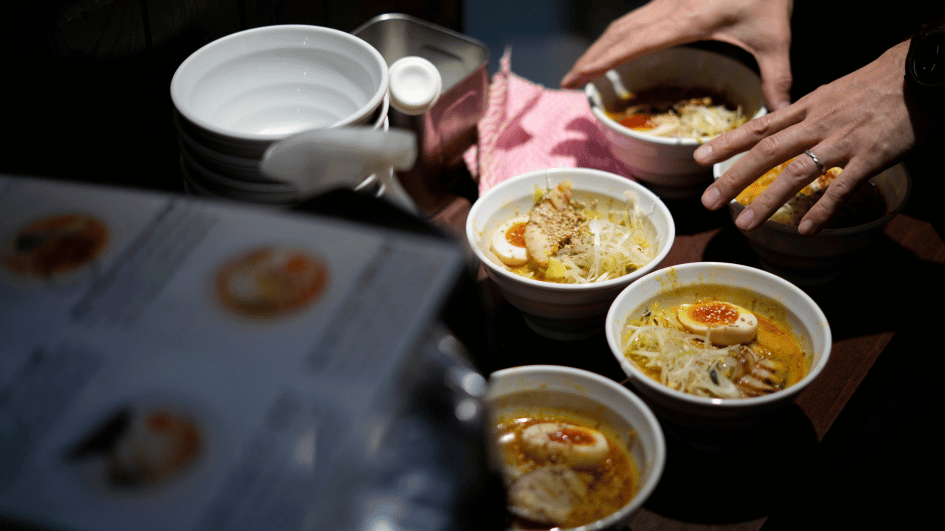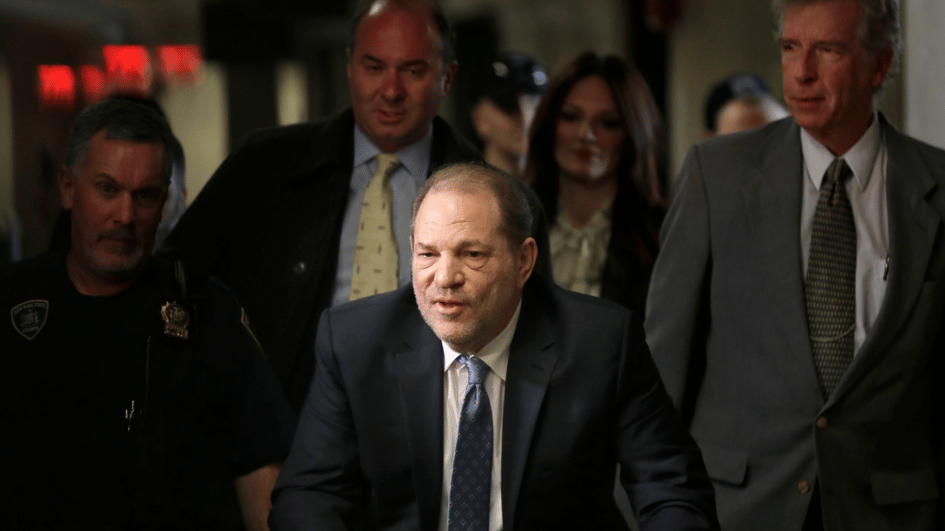13 dead as triple attacks hit northeast Nigeria
KANO - Agence France-Presse

Soldiers stand guard at a market in N'Djamena following a suicide bomb attack on July 11, 2015. AFP Photo
At least 13 people were killed July 17 in triple blasts in the northeastern Nigerian city of Damaturu as residents prepared to celebrate the Eid festival marking the end of the Muslim holy month of Ramadan.The attacks, in an area hard hit by the Boko Haram insurgency, came just days before Nigeria’s new President Muhammadu Buhari is to meet his U.S. counterpart Barack Obama.
Buhari is expected to push at the July 20 meeting for U.S. help to tackle the Islamist violence, which has surged since he took office in May.
Residents said twin explosions near a prayer ground in Damaturu had killed two people, before a third blast went off moments later near a mosque leaving another 11 people dead, according to medics.
They followed a double bombing at a market in the town of Gombe, south of Damaturu, on July 16 evening that killed at least 49 people who were shopping for the Eid celebrations.
This year’s Ramadan has been particularly deadly, with suicide bombers hitting mosques and worshippers attacked by gunmen as they prayed.
“There were two blasts near the Eid prayer ground,” said Ahmad Adamu, a security volunteer in Damaturu said of the July 17 attacks.
“The first blast went off around 7:15 am (0615 GMT) while security volunteers who had come earlier than worshippers were waiting for the worshippers so they could assist in crowd control. Two were killed and three were injured,” he said.
“While we were attending to the victims we heard another blast about 500 meters away.”
A medical source who wished to remain anonymous told AFP that 13 bodies had been brought to the hospital.
Damaturu is the capital of Yobe, one of three northeastern states hit hardest by the insurgency that has left 15,000 people dead and 1.5 million homeless since 2009.
Nigeria’s new army chief Major General Tukur Buratai was due to visit Damaturu on July 17 to celebrate Eid with soldiers battling the jihadists, who have pledged allegiance to the Islamic State of Iraq and the Levant (ISIL) that has seized swathes of Iraq and Syria.
Buhari, a former military head of state, has made the fight against Boko Haram one of the main planks of his administration - but more than 700 people have been killed in attacks since he came to office.
Top of the agenda in the talks with Obama “will be measures to strengthen and intensify bilateral and international cooperation against terrorism in Nigeria and west Africa”, a statement from the Nigerian presidency said.
Relations dipped late last year under the regime of former Nigerian president Goodluck Jonathan, after Abuja considered U.S. aid to fight Boko Haram insufficient.
The west African nation decided to halt a U.S. training programme for an army battalion which would have developed into a unit to take on the militants.
The U.S. State Department reacted swiftly, saying it would do what was needed to assist Nigeria.
But it also expressed concern over respect for human rights and protection of civilians during military operations.
The Islamist militants have taken advantage of a period of transition between Buhari’s installation and the deployment of a regional force of 8,700 troops, scheduled for late July, launching deadly attacks on almost a daily basis.
The group has also carried out suicide bombings in neighbouring Chad and Cameroon.
















